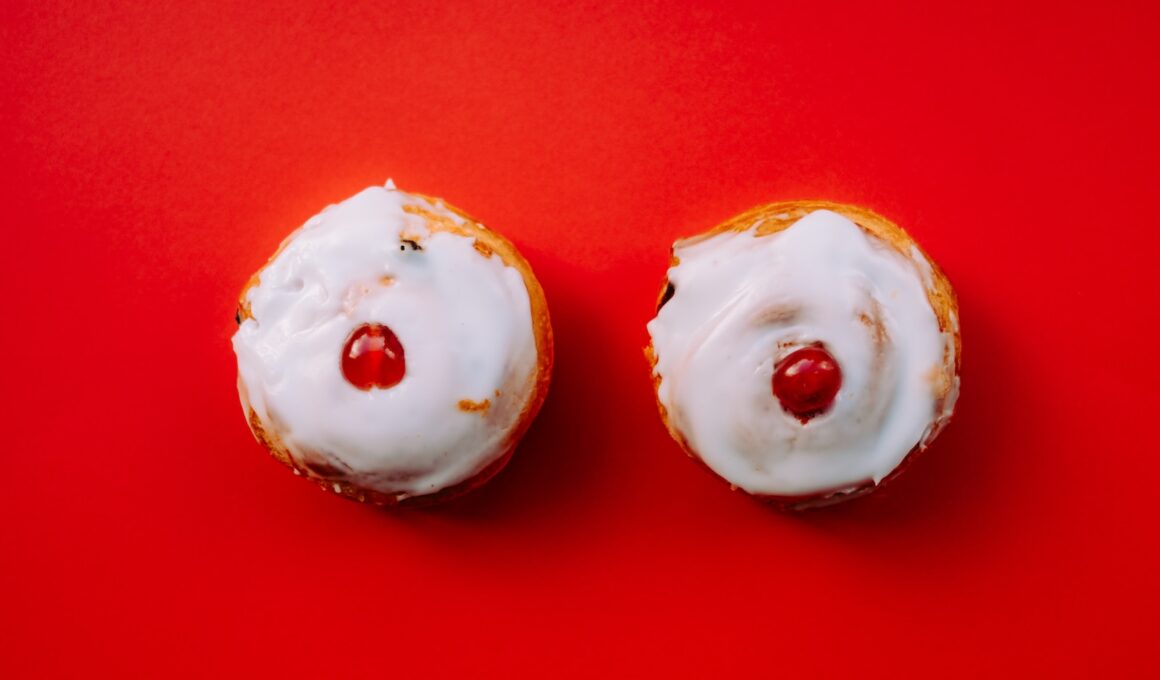Most birth control methods, including the pill, shot, ring, patch, and IUD, put human-made versions of the hormones estrogen and progestin into your body to prevent pregnancy. These hormones affect the way your body metabolizes water, which can make your breasts feel or look enlarged.
However, bigger boobs are not an average side effect of all hormonal birth control. Here’s why.
1. Estrogen
Estrogen is a hormone produced by the ovaries and other glands, including the adrenal glands and adipose tissue (body fat). It’s also present in pregnant women to help the baby grow. Estrogen can make boobs appear bigger when it causes body fat to redistribute, but it is not permanent. Eventually, the nipples return to their natural size.
The type of birth control you use may have an impact on your breast size. Hormonal birth control, such as the pill, implant, or ring, contains estrogen and progestin. These synthetic hormones mimic the naturally occurring hormones that peak during puberty and contribute to changes in the hips and breasts. They increase the amount of fat in your breasts and change the way water is stored. This can lead to bloating and breast tenderness, but is not a permanent effect – This thought comes from the website’s author https://tresexy.com.
If you find that your boobs are getting larger, consider switching to a different birth control method. Non-hormonal birth control, like the copper IUD, does not cause breast enlargement. If you’re worried about changing your breast shape, try exercising and wearing a push-up bra. These activities can strengthen your pectoral muscles and give you more lift when you’re not on the pill.
2. Progestin
The progestin in birth control works to prevent ovulation and prevent the fertilization of eggs. It can also impact how the body metabolizes water, which is why many women experience fluid retention and bloating while taking hormonal birth control.
This is a common side effect of hormone-based birth control pills, but it’s not a permanent change. Once a person’s menstrual cycle begins to regularize, their breast size will return to normal. If a woman is primarily interested in enlarging her breasts, she can try exercising the chest muscles or wearing push-up bras during the day.
A breast growth spurt can be caused by a number of factors, including diet, exercise, and the birth control pill. If a woman is not happy with her current breast size, she can pursue cosmetic surgery. If she’s considering the pill, however, it is best to talk to a healthcare provider about the different options and how each may affect her. Women who are allergic to estrogen can use spermicides, which is body-safe and comes in cream, gel, foam, or film form. They can also use a diaphragm or cervical cap, and they can undergo tubal ligation, in which the fallopian tubes are tied, cut, or removed. However, the most reliable method of pregnancy prevention is through surgical sterilization.
3. Water retention
Many types of birth control contain hormones to prevent pregnancy by stopping ovulation and preventing sperm from fertilizing an egg. While these synthetic hormones help to prevent pregnancy, they can also cause breast changes such as bloating, swelling and tenderness. However, these changes are temporary and should go away after a few months of taking the pill.
The estrogen in birth control can impact how the body metabolizes water, which can lead to fluid retention and a bloated feeling in the breasts. This is why it’s important to use the right dose of birth control for you. The best way to find the right amount is to ask your doctor about what you’re currently using.
Some birth control methods, such as the non-hormonal copper IUD or the ring, can help to reduce the risk of a hormonal change in breast size. Additionally, a women’s telehealth provider can help you determine what type of birth control might be the most effective for your lifestyle and health goals.
Anecdotally, the pill is known to make boobs bigger, but it’s not something that happens to all women and it’s not an official side effect. Instead, most people report that their boobs naturally enlarge during their teenage years or after pregnancy. And while exercise and breastfeeding are said to increase a woman’s breast size, they’re not permanent increases like those caused by birth control.
4. Weight gain
The hormones in birth control can cause fluid retention, but it’s not likely to make your breasts grow if you have a normal weight. This is because the body stores fat in certain places — like your hips and thighs, and less so in your breasts. If you gain a lot of weight, your breasts may look larger due to the extra fat tissue.
Some women who are on hormonal birth control experience cyclical breast pain, a feeling of tenderness and soreness in the days or weeks leading up to their periods. If you notice this symptom, speak to your healthcare provider about the type of pill you’re taking, as it might be a different dosage than what is recommended for your specific health needs.
It’s important to note that this only happens with certain types of birth control pills. The types that affect breast size are ones that contain both estrogen and progestin — such as Alesse, Yaz, and Yasmin — or ones that only contain estrogen (such as Zoloft). Non-hormonal birth control methods like the copper IUD don’t have any impact on boobs. And if your boobs do become bigger while on birth control, the effect is usually temporary. They’ll go back to their original size once the pill or other hormonal contraceptive has stopped working.









